Potty Training Basics: fear of pooping and withholding poop
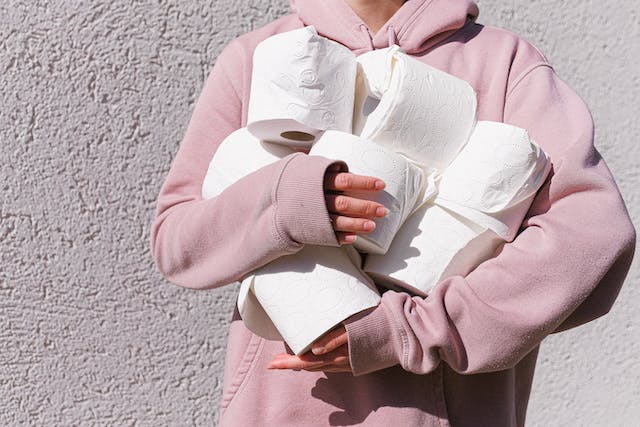
What if my child is afraid of pooping in the toilet?
Sometimes a child will have all the other potty training skills but still ask for a diaper or a pull-up to poop in. The diaper or pull-up allows your child to relax. This emotional security is essential when pooping. Your child can be “emotionally ready” to pee in a potty or even to stay dry through the night, but still need more time to feel “emotionally ready” to poop in a toilet. If so, be sure to empty the poop from the diaper into the toilet and let your child participate in the rest of the potty routine—wiping, flushing, and hand washing. Reassure your child with a positive message that “One day she’ll be ready to poop in the toilet like Mommy and Daddy” and to let you know when she wants to try.
If your child is not asking for a diaper or pull-up, use the ABC response to help your child feel safe “letting go” on the toilet.
Acknowledge the situation. Start with a general description like, “I see you don’t like pooping on the toilet.” Wait to hear if your child can say what you can do to help her feel better.
Balance your support by listening for the deeper emotional fears and offering gentle solutions. If your child is feeling like a part of her body is falling off or being taken away to a mysterious place, she needs time to comprehend the process. Here’s where flushing the poop from a diaper or the potty chair helps her gradually accept the new potty reality. A balanced response allows you to respect your child’s emotions while still taking baby-steps forward.
Conquer the fear by telling your child that you can figure this out together. Sit with her, make a game of listening for the poop to fall into the water, and use your other “potty games”—like telling stories.
Of course, the reason for the problem might be a physical difficulty with pooping while sitting on the toilet. Be sure your child can plant her feet firmly on the ground—otherwise, she may be having difficulty pushing the poop out.
What can I do if my child is “withholding” poop?
Like the child in the last question, some children get “stuck”—they know they don’t want to poop in the pull-up, but they are still frightened by the alternatives. Unfortunately, getting emotionally “stuck” can lead to getting physically “stuck.”
Potty training is not fun or easy when your child is constipated. If you’ve done all the proactive strategies of a healthy high-fiber diet with lots of fluids, have physically active playtimes, and you notice your child is not pooping regularly, check with your pediatrician. Do not give your child over-the-counter laxatives or medicines without your pediatrician’s approval.
In a positive potty environment with no medical conditions, your child’s body will work as it should. Young children should not depend on laxatives and stool softeners. Use the ABC response to help your child get “unstuck.” Pooping is 100 percent your child’s domain. You cannot force him. He might even decide your “gentle encouragement” is excessive.
Therefore, acknowledge that he controls when he poops. He must own his potty experience. Withholding situations can be very emotional for the parent and child. Acknowledge your own feelings of frustration and helplessness with your pediatrician or with a non-suppository-recommending potty training buddy.
Balance your response by relinquishing your control over your child’s pooping as you help him find appropriate ways to exert control in his world. Show your child all the ways he has constructive control by giving him more choices: what he wears, what books he reads, what characters are on the bathroom towels. Make your response as invisible as possible. Keep potty experiences positive while you try to create more relaxing conditions: add poop-friendly foods, simplify your child’s daily schedule, make potty trips easy and unthreatening, and conclude each day with a quiet snuggle time when you re-establish an unconditional connection with your child.
Conquer the problem. Express your faith in your child’s ability to do what’s healthy for his body. Explain that you don’t want him to hold in the poop because it can make him sick and it hurts his body. With positive potty conditions and your relaxed support, your child can enjoy his body again.
For more potty help and support, see The Potty Training Answer Book

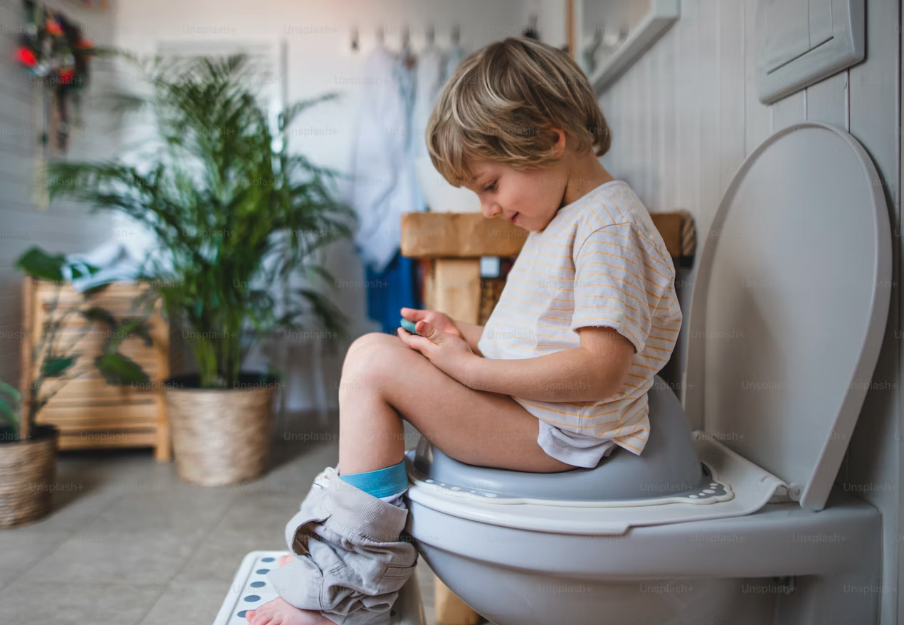

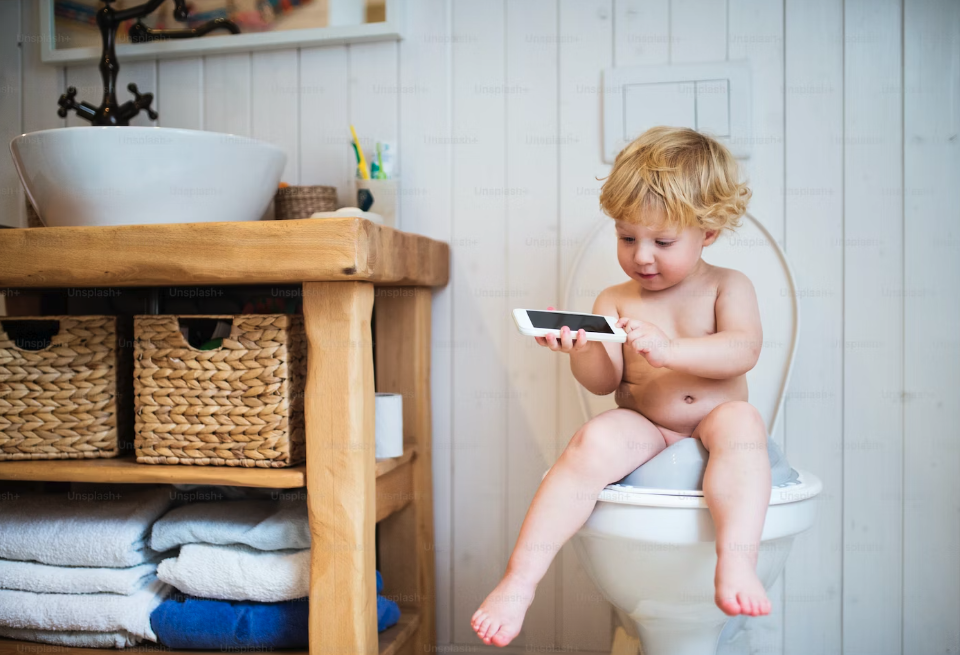
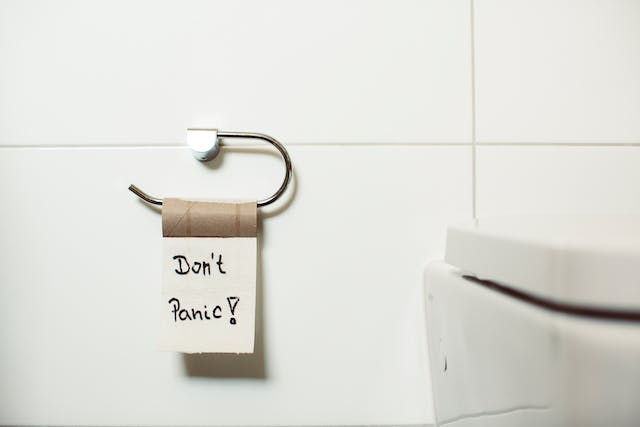
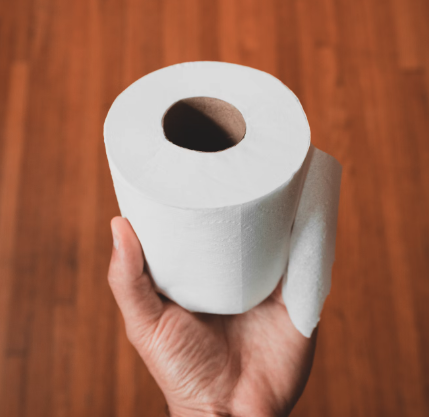
Follow Us
Join the conversion. Make sure to follow us on our social platforms for the latest content and FamilyTime news.